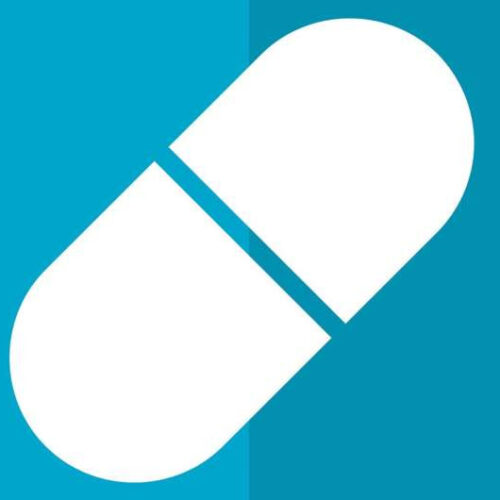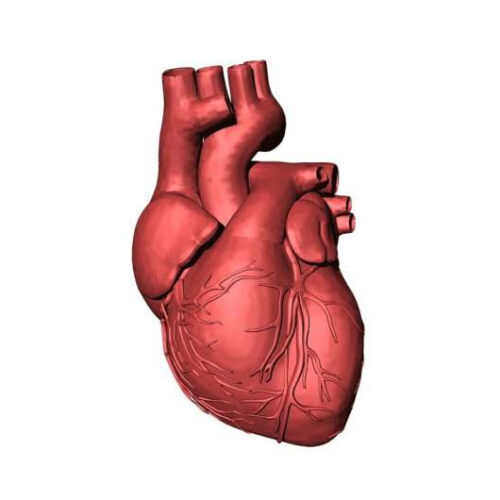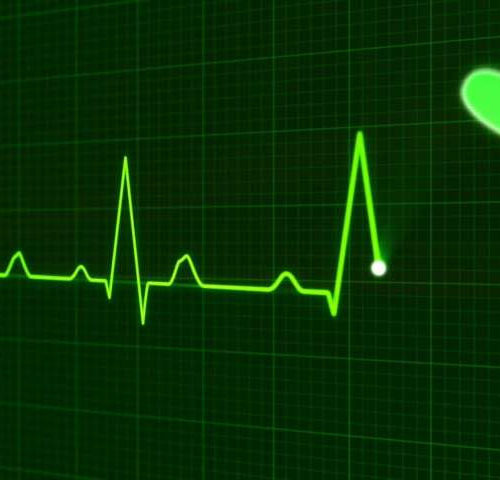by Simon Fraser University CC0/Pixabay Scientists at Simon Fraser University (SFU) and the Lankenau Institute for Medical Research (LIMR) near Philadelphia have found that a drug discovered at SFU and patented several years ago may have potential lifesaving results in the treatment of conditions leading to sudden cardiac death. The drug, known as AR-787, was originally discovered...
Tag: <span>arrhythmias</span>
Novel ablation strategy improves freedom from arrhythmias in atrial fibrillation patients
by European Society of Cardiology Credit: Pixabay/CC0 Public Domain An innovative three-step ablation approach including ethanol infusion of the vein of Marshall improves freedom from arrhythmias in patients with persistent atrial fibrillation compared to pulmonary vein isolation (PVI) alone, according to late breaking science presented at EHRA 2023. Preliminary results at 10 months are presented, with follow...
Daily coffee may lower risk for developing arrhythmia
Regular coffee consumption is associated with a significantly lower risk for arrhythmias, according to a study presented recently as part of the Heart Rhythm Society online meeting: HRS 2020 Science. Eun-Jeong Kim, M.D., from the University of California in San Francisco, and colleagues investigated the association between habitual caffeine consumption and the risk for arrhythmia...
Scientists discover more than 200 genetic factors that cause heart arrhythmia
by Queen Mary, University of London Hundreds of new links have been found between people’s DNA and the heart’s electrical activity, according to a study of almost 300,000 people led by researchers at Queen Mary University of London and the Broad Institute of MIT and Harvard. The results could one day lead to advanced screening...
Hydroxychloroquine linked to increased risk of cardiac arrhythmias
Boston, Mass. — Since the World Health Organization declared COVID-19 a Public Health Concern of Global Interest on January 30, more than one million have tested positive for the illness in the United States, and more than 62,000 have died. With no FDA-approved treatments available to date, the anti-malarial drug, hydroxychloroquine, has emerged as a...
How long do people need to be monitored after fainting?
For the first time, physicians in the Emergency Department (ED) have evidence-based recommendations on how best to catch the life-threatening conditions that make some people faint. New research published in Circulation suggests that low-risk patients can be safely sent home by a physician after spending two hours in the ED, and medium and high-risk patients...




